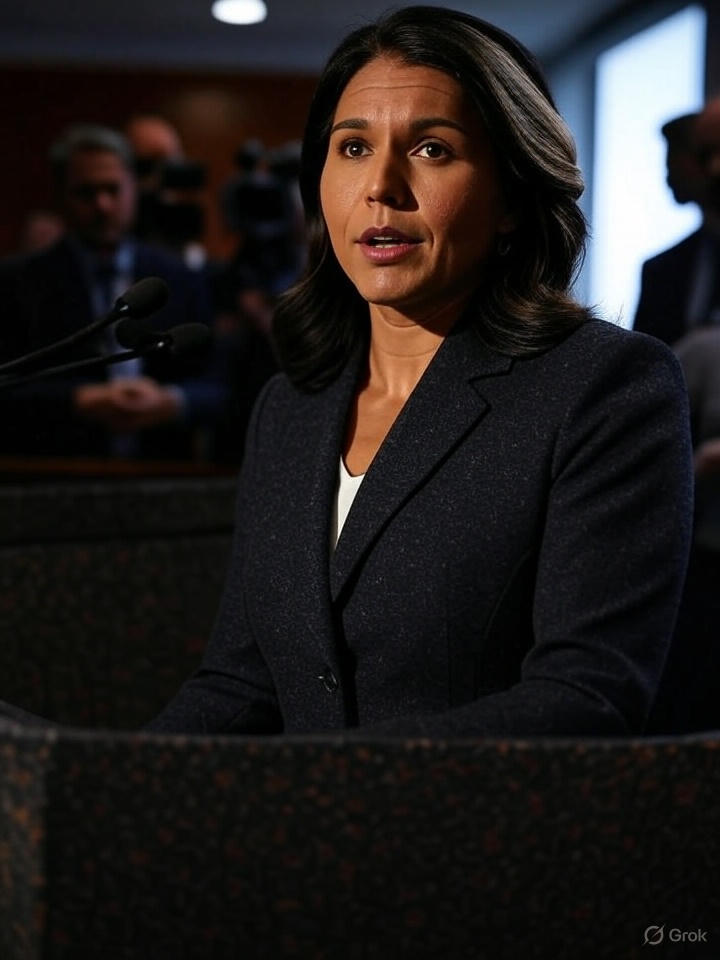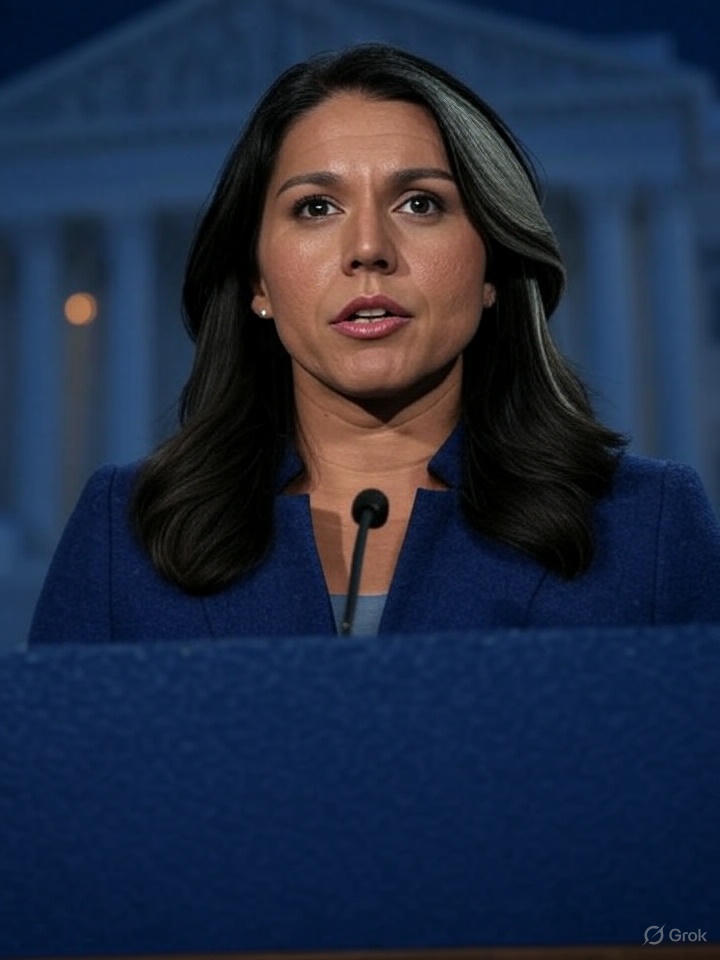What Was Released—and Why It Matters
On July 21, 2025, Director of National Intelligence Tulsi Gabbard announced the declassification and release of over 230,000 pages of FBI records related to the MLK assassination of Dr. Martin Luther King Jr. (Axios). The trove, accumulated since 1977 under a court seal, includes:
- FBI internal memos, investigative leads, and surveillance logs
- Cables from foreign intelligence on the flight and capture of James Earl Ray, the convicted assassin
- Records of Ray’s cellmate allegedly recounting Ray’s talk of a broader assassination conspiracy (TIME, Axios, Director of National Intelligence)
This disclosure forms part of a broader transparency push, triggered by President Trump’s January executive order (EO 14176) mandating release of records in the assassinations of MLK, JFK, and RFK (TIME).
Official Statement & Interagency Process
Gabbard, joined by DOJ, CIA, FBI, and the National Archives, emphasized it as an “unprecedented” step in transparency, ensuring no stone is left unturned (Director of National Intelligence). The records were previously undigitized and “sat collecting dust,” but have now been consolidated and made available online with minimal redactions — mainly for privacy such as Social Security numbers and grand jury testimony (The Wall Street Journal).
Attorney General Pam Bondi supported the initiative, stating the American public “deserve answers decades” after this pivotal event (Axios).
Family’s Reaction & Calls for Sensitivity
Surviving children Martin Luther King III and Bernice King criticized the early and expansive release. They urged the public to engage with the documents “within their full historical context” and with empathy, cautioning against attempts to tarnish their father’s legacy (TIME). They also restated their belief that Ray was not acting alone, pointing to a likely wider conspiracy (TIME).
Notably, the Southern Christian Leadership Conference—co-founded by MLK—also opposed the move, highlighting decades of controversial FBI surveillance, including under COINTELPRO (TIME).
Context & Historical Legacy
The FBI, under J. Edgar Hoover, launched a campaign of wiretaps, disinformation, and blackmail aimed at discrediting King. Their efforts famously included a threatening letter urging him to kill himself (Wikipedia). Over the years, MLK’s family and legal suits have maintained that a high-level conspiracy—potentially involving government agencies—played a part in his death; a 1999 civil verdict in Memphis echoed these claims, finding a wider conspiracy with Ray as a scapegoat (Wikipedia).
Historic probes, including the 1979 House Select Committee on Assassinations, concluded there was probable conspiracy, though no federal agency was officially implicated (Wikipedia). Yet, new files—especially those mentioning Ray’s cellmate—might prompt revisiting unresolved threads (Axios).

Why Now? Timing & Reaction
Although the seal was legal until January 2027, the DOJ requested early release. Critics argue the move was politically timed to divert attention from the still-sealed Epstein grand jury files, the DOJ’s refusal to release which has faced backlash (Al Jazeera).
Social media voices saw this as a distraction tactic, with some accusing the White House of “weaponizing” FBI files to shift focus (Hindustan Times, Al Jazeera).
Moving Forward: Research & Reflection
- Historians and scholars are now analyzing the newly available content to determine if any fresh insights emerge, particularly about Ray’s associations and any shadowy actors (The Wall Street Journal, New York Post).
- King family reviewed files in advance and continue to scan for plot-relevant information—but caution against using the documents to distort historical truth (TIME).
- With JFK and RFK files already public, this marks a significant milestone in transparency, though policymakers and scholars stress protecting dignity and historical accuracy in public interpretation.
Summary
Director Tulsi Gabbard’s release of 230,000+ pages of FBI records represents a dramatic move toward transparency in one of America’s most haunting unsolved chapters. While intended to shed light on MLK’s assassination and the FBI’s intense surveillance, the decision has drawn criticism from his family and civil rights groups—who demand context, empathy, and vigilance against misrepresentation. Now, historians, researchers, and the public face the challenge of navigating this massive, sensitive archive responsibly, honoring both the truth and Dr. King’s monumental legacy.

